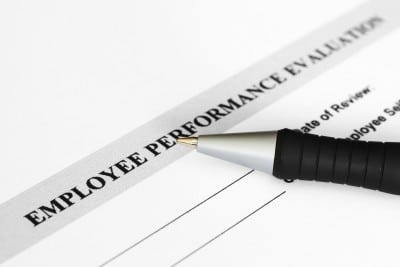The Fallacies of Performance Appraisals and How to Overcome Them
Appraisals are annual events in any organization. For the HR professional, it is a challenge to make the right appraisal of any candidate. A positive appraisal, which results in a good pay hike, will surely be welcome by the employee receiving it, but is envied or even contested by other employees who are not on the same level, giving way to ill feeling and perhaps even sabre rattling.
Appraisals are not given for performance alone
More often than not, there is a lot of politics involved in appraisals. Sometimes, they are awarded for extraneous reasons that are hardly linked to performance. On other occasions, they are given to appease an employee or as a bribe to prevent her or him from leaving the organization for greener pastures. But all these tactics do not work in the long run. They don’t augur well for the organization, as well.

What are the other fallacies of an appraisal system?
An appraisal can suffer other important flaws. If the ones listed above are the more obvious ones; there are other fallacies, prime among which is the absence of a sound appraisal model. A model that sets out the proper, objective parameters for appraisal is a great method to ensure a good appraisal, but sadly, is something that most organizations lack.
The HR of most organizations fails to come up with a set of foolproof parameters for appraisal. Most organizations have a few systems and tools that were set at some point of time. Rigid and immutable appraisal parameters lie at the root of most appraisal problems. Many organizations diligently change the model every few years, but the pace and weight of change do not keep pace with changing situations. As a result, models that were worked out some time back remain even though they are unsuitable to changing times.
So, what should an appraisal be like?
The appraisal should be open and objective. It should be free of any malice or prejudice towards the employee being appraised. Rather than making appraisals an occasion for settling scores or punishing employees who are difficult for the management; HR should make them some kind of tonic. They should spur and motivate employees towards greater performance and make them feel associated with their work and the organization. This is when the organization grows and HR feels vindicated for a job well done.
Who should implement these appraisal tools?
It is the onus of HR to ensure that it puts in place an appraisal system that brings the best out of employees. They should also come up with a set of tools that is transparent and even, and is something that will not need revision year after year.
What tools are required for working out a sound appraisal system?
There are at least 10 different tools that HR needs to put in place. Implementing these is no rocket science; it only requires some openness, willingness and interest in the way the system has to work. HR can indeed bring about a big difference into the appraisal system.
For more knowledge regarding to this topic join us for a 60 minute webinar:The Fallacies Of Performance Appraisals And How To Overcome Them




